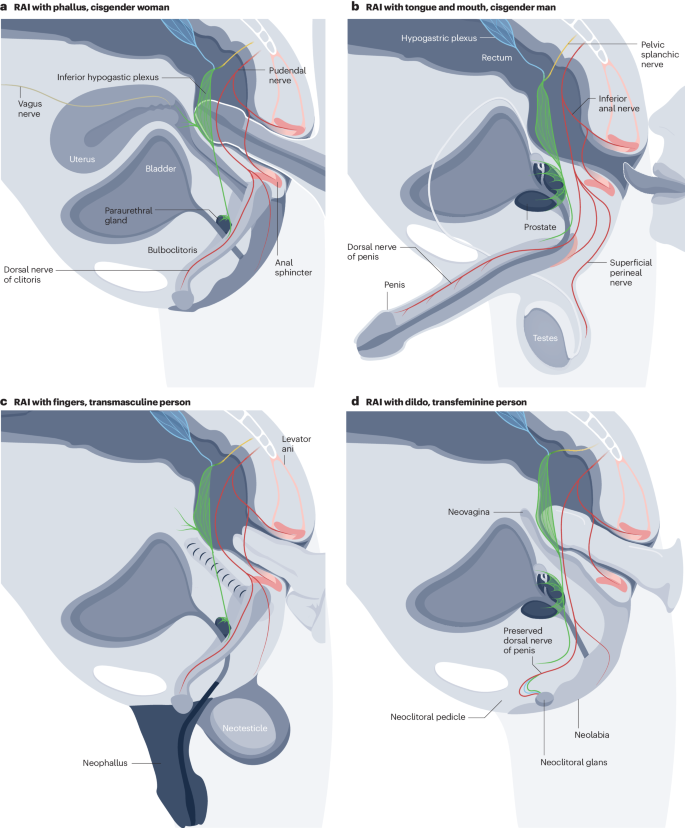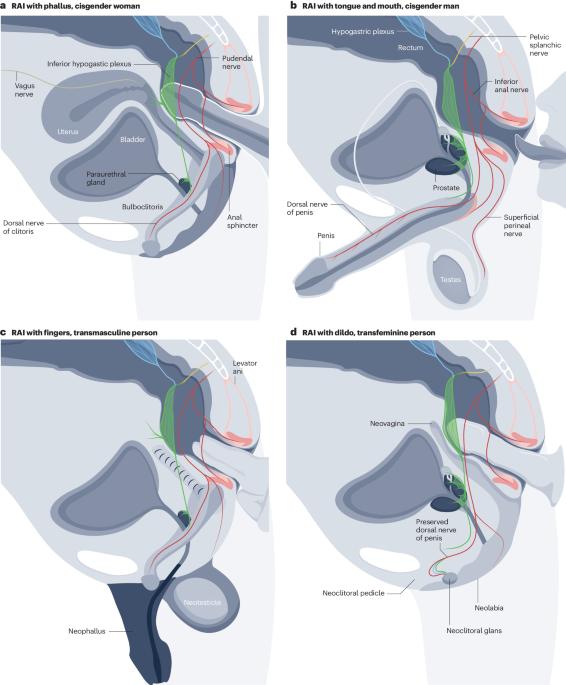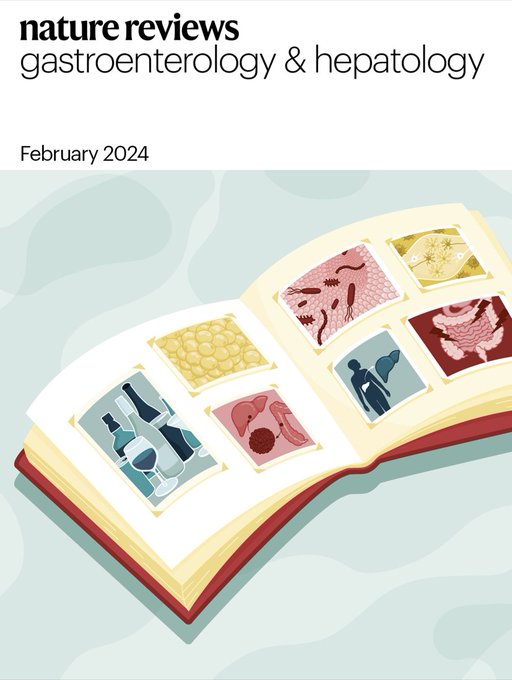肛交的快感和问题以及结肠、直肠和肛门疾病。
IF 45.9
1区 医学
Q1 GASTROENTEROLOGY & HEPATOLOGY
引用次数: 0
摘要
体验愉悦性活动的能力对人类健康非常重要。接受性肛交(RAI)是一种常见的愉悦性活动,尽管经常被人鄙视。人们对结肠、直肠和肛门疾病及其治疗对肛交的影响知之甚少。由于症状和治疗相关毒性反应的不可预测性,患有胃肠道疾病的患者很难进行 RAI。患者可能会出现括约肌张力过高、胃肠道症状特有的焦虑、结构性疾病导致的骨盆血流改变、癌症导向疗法导致的感觉减退或造口术导致的身体形象问题。这些都可能导致 RAI 问题--包括无性交痛(RAI 疼痛)、性唤起功能障碍、性高潮功能障碍和性欲减退。针对患有胃肠道疾病和/或与治疗相关的功能障碍的患者的 RAI 问题,治疗策略包括骨盆底肌肉强化和拉伸、心理干预和恢复装置。为医护人员提供一个讨论愉悦性 RAI 和诊断有问题 RAI 的框架,有助于改善患者的治疗效果。将 RAI 正常化、肯定 RAI 带来的快感并承认胃肠道系统与性快感、性功能和性健康有关,将有助于将性健康的科学范式转变为更加公正和公平的范式。本文章由计算机程序翻译,如有差异,请以英文原文为准。


Pleasurable and problematic receptive anal intercourse and diseases of the colon, rectum and anus
The ability to experience pleasurable sexual activity is important for human health. Receptive anal intercourse (RAI) is a common, though frequently stigmatized, pleasurable sexual activity. Little is known about how diseases of the colon, rectum, and anus and their treatments affect RAI. Engaging in RAI with gastrointestinal disease can be difficult due to the unpredictability of symptoms and treatment-related toxic effects. Patients might experience sphincter hypertonicity, gastrointestinal symptom-specific anxiety, altered pelvic blood flow from structural disorders, decreased sensation from cancer-directed therapies or body image issues from stoma creation. These can result in problematic RAI — encompassing anodyspareunia (painful RAI), arousal dysfunction, orgasm dysfunction and decreased sexual desire. Therapeutic strategies for problematic RAI in patients living with gastrointestinal diseases and/or treatment-related dysfunction include pelvic floor muscle strengthening and stretching, psychological interventions, and restorative devices. Providing health-care professionals with a framework to discuss pleasurable RAI and diagnose problematic RAI can help improve patient outcomes. Normalizing RAI, affirming pleasure from RAI and acknowledging that the gastrointestinal system is involved in sexual pleasure, sexual function and sexual health will help transform the scientific paradigm of sexual health to one that is more just and equitable. Receptive anal intercourse (RAI) is an important consideration in gastrointestinal disorders and cancers. This Review discusses the anorectum as a sexual organ, providing an overview of pleasurable and problematic RAI and how gastrointestinal disease itself and associated treatments (such as surgery) can affect RAI. Strategies to manage problematic RAI to improve sexual health are also described.
求助全文
通过发布文献求助,成功后即可免费获取论文全文。
去求助
来源期刊
CiteScore
52.30
自引率
0.60%
发文量
147
审稿时长
6-12 weeks
期刊介绍:
Nature Reviews Gastroenterology & Hepatology aims to serve as the leading resource for Reviews and commentaries within the scientific and medical communities it caters to. The journal strives to maintain authority, accessibility, and clarity in its published articles, which are complemented by easily understandable figures, tables, and other display items. Dedicated to providing exceptional service to authors, referees, and readers, the editorial team works diligently to maximize the usefulness and impact of each publication.
The journal encompasses a wide range of content types, including Research Highlights, News & Views, Comments, Reviews, Perspectives, and Consensus Statements, all pertinent to gastroenterologists and hepatologists. With its broad scope, Nature Reviews Gastroenterology & Hepatology ensures that its articles reach a diverse audience, aiming for the widest possible dissemination of valuable information.
Nature Reviews Gastroenterology & Hepatology is part of the Nature Reviews portfolio of journals.

 求助内容:
求助内容: 应助结果提醒方式:
应助结果提醒方式:


